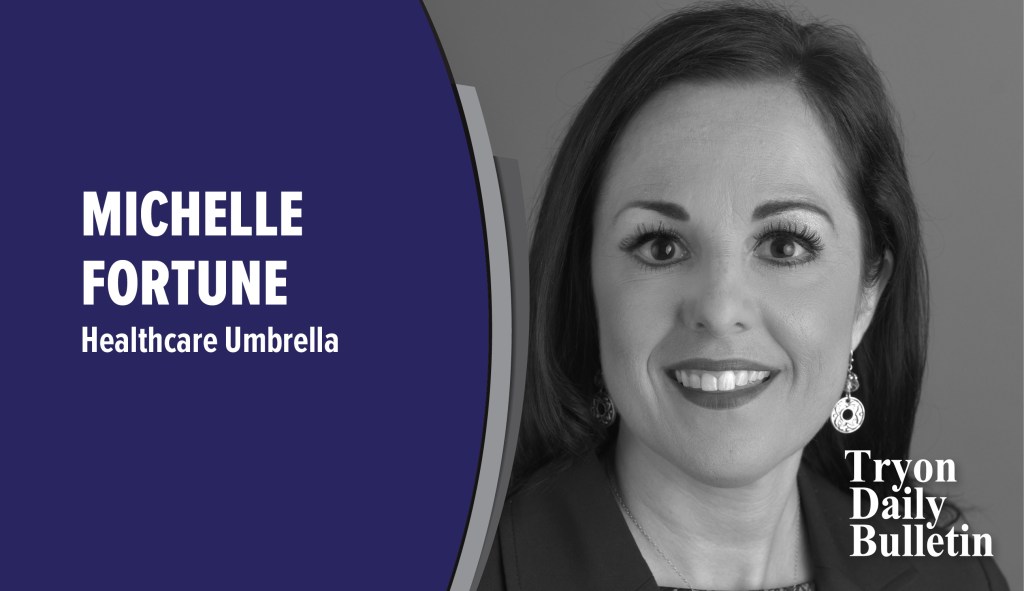More than a country doctor
Published 3:30 am Wednesday, September 14, 2022
|
Getting your Trinity Audio player ready...
|
Remember the country doctor back in the day that made house calls carrying a black medical bag? Seventy-five percent of all house calls were to treat the flu or the common cold. Of course, there was very little the doctor could do to treat these ailments, but often it wasn’t a cure mom sought but confirmation that her child wasn’t suffering from polio, tuberculosis, or smallpox.
A lot has changed in rural health over the years.
Today, we are promoting “bringing world-class to rural Polk County.” It’s much more than a tagline found in our advertising. “Bringing world-class” describes the transformation that has been taking place at St. Luke’s over the last three years—bringing world-class urology, oncology, orthopedic, and now cardiology—and bringing world-class technology, talent, and patient care.
It’s no secret that our hospital has struggled in the past to attract patients. But through a lot of hard work, the ship is turning around. Our teammates and community are embracing the vision cast. World-class talent is finding Polk County a pleasant and peaceful place to live. And just like that, the word spreads. We’ve been more effective in securing grant money from the community and beyond, allowing us to purchase world-class equipment, and giving our providers the tools they need to keep you healthier. And it’s vital to the community that we continue this trend.
WHY IS RURAL HEALTH IMPORTANT?
Nationwide, most rural health facilities are losing money and struggling to survive. In the last ten years, more than one hundred thirty rural hospitals have closed, causing a loss of the emergency department and essential outpatient services in rural America. These closures increase the risk of death and disability when severe emergent medical conditions happen. But the shutdowns also increase health risks due to undiagnosed conditions and poor treatment because of the limited access to care.
Across the U.S., more than 1,600 rural hospitals (St. Luke’s included) average fewer than 15 acute inpatients per day. Most of these hospitals are small because the communities they serve are small. The preponderance of counties in the U.S. has fewer than 26,000 residents. One-third of all short-term general hospitals are small rural hospitals providing most of the healthcare to the small communities they serve. Yet the rural hospitals receive only five percent of all national hospital spending. At the same time, most urban hospitals are making more than five percent profit for services rendered, receiving nearly all the hospital profits in the country.
CRITICAL ACCESS CLOSE TO HOME
St. Luke’s is a small critical access hospital (CAH). CAH is a designation given to eligible rural hospitals by the Centers for Medicare & Medicaid Services (CMS). Congress created the CAH designation through the Balanced Budget Act of 1997 (Public Law 105-33) after more than 400 rural hospitals closed between 1980 and the early 1990s.
To be eligible for the CAH designation, hospitals must:
- have 25 or fewer acute care inpatient beds
- be located more than 35 miles from another hospital (exceptions apply)
- have an annual average length of stay of 96 hours or less for acute care patients
- provide a 24/7 emergency department
St. Luke’s has twenty-five acute care beds and a 24/7 emergency department. In addition to the services listed earlier, we have the top rehabilitation center in the region, a radiology department, a pain center, and Steps to Home (a “swing bed” rehab program).
Steps to Home
Over the last forty years, Medicare has changed how they reimburse hospitals for care, resulting in shorter inpatient stays. However, frequently discharged patients have not yet regained the strength to do the most basic tasks. Nursing home rehabilitation is an alternative, but many patients are reluctant, fearing that they will never come out once they go in.
Our Steps to Home program is an excellent alternative that fills the need nicely and is another fundamental difference from other regional hospitals. Through the Social Security Act, St. Luke’s provides swing bed services, under which we can use our inpatient beds as needed, to offer acute or post-hospital skilled nursing care (“swinging” the use of that bed from inpatient to skilled nursing for that time period). Medicare Part A (the hospital insurance program) covers swing bed care.
Rural Health Clinics
In 1977, Congress passed the Rural Health Clinic Services Act, effectively establishing rural health clinics. The programs aim to increase practicing healthcare providers in rural America. To qualify as a certified RHC, the clinic must be in a “non-urbanized” area with a shortage of health professionals. St. Luke’s also has two federally certified RHCs, Foothills Medical Associates and Saluda Family Medicine. Our clinics are outpatient facilities that provide primary family health services, and routine lab services, to communities in Polk County.
If you have a healthcare topic of interest or a question, send me a note at Michelle.Fortune@slhnc.org. Also, please follow us on Facebook, Twitter, and LinkedIn, or visit StLukesNC.org to learn about top-rated St. Luke’s Hospital and our new world-class services.






